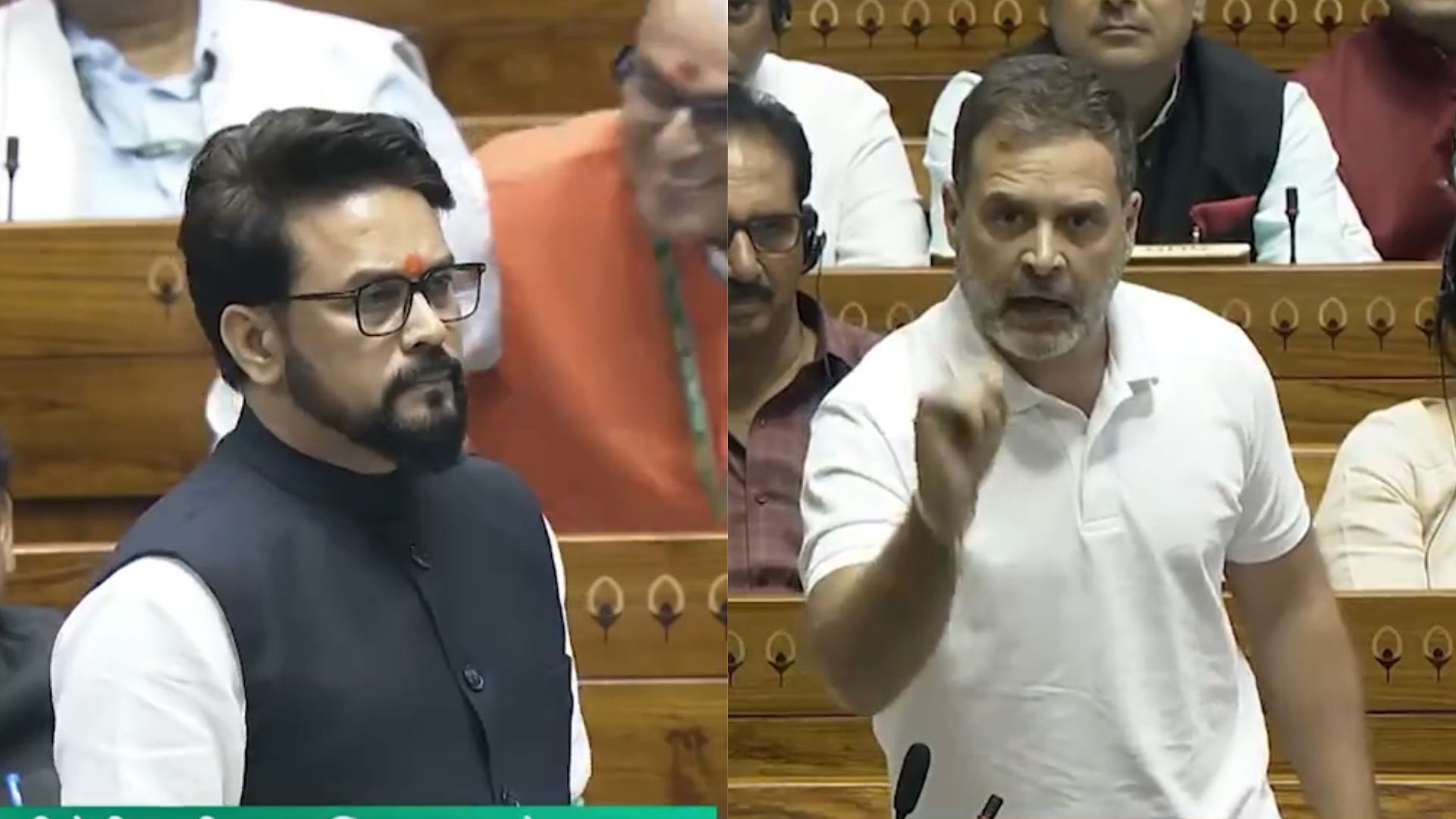
During a public address, Thakur dismissed Gandhi’s latest campaign, describing it as a failure and making pointed remarks about Gandhi's focus on caste politics. Thakur’s comments came in response to Gandhi’s ongoing push for a nationwide caste census, which he argues is crucial for understanding and addressing socio-economic disparities across different communities.
Gandhi fired back at Thakur, insisting that such personal attacks would not deter him from advocating for the caste census. “I am ready to take any abuses. It’s about the country's future and ensuring justice for every community,” Gandhi declared in his rebuttal. This back-and-forth reflects the increasing tension and polarization between the two parties.
The caste census has been a contentious issue, with proponents like Gandhi arguing that it is essential for creating effective policies tailored to the needs of various social groups. The BJP, on the other hand, has been cautious, with leaders like Thakur criticizing the move as a strategy to divide voters along caste lines.
As the debate intensifies, it’s clear that caste politics will play a significant role in the electoral strategies of both the BJP and the Congress. The discussion around the caste census also raises broader questions about social justice, representation, and the allocation of resources in a diverse country like India.
Thakur’s attack on Gandhi also included broader critiques of the Congress party's performance, highlighting what he described as repeated failures to connect with the electorate and deliver on their promises. He positioned the BJP as a party focused on development and national unity, contrasting it with what he described as the Congress’s divisive politics.
Gandhi’s response has been to double down on his commitment to social justice and inclusion, framing the caste census as a tool for achieving a more equitable society. He emphasized the importance of data in crafting policies that address the needs of marginalized communities, arguing that ignoring these issues would perpetuate inequality and social injustice.
This exchange is a microcosm of the larger ideological battle between the BJP and the Congress, each presenting different visions for India’s future. For the BJP, national unity and development are the central themes, while the Congress focuses on social justice and equity.
As election season approaches, both parties are likely to intensify their rhetoric and sharpen their attacks on each other. The outcome of this debate on caste and social policy could have significant implications for the political landscape and the direction of public policy in the years to come.
The clash between Thakur and Gandhi underscores the high stakes involved and the passionate advocacy on both sides. For voters, this ongoing debate will be crucial in shaping their choices at the ballot box. As the political temperature rises, the electorate will be closely watching how these leaders navigate the complex issues of caste, identity, and social justice.
